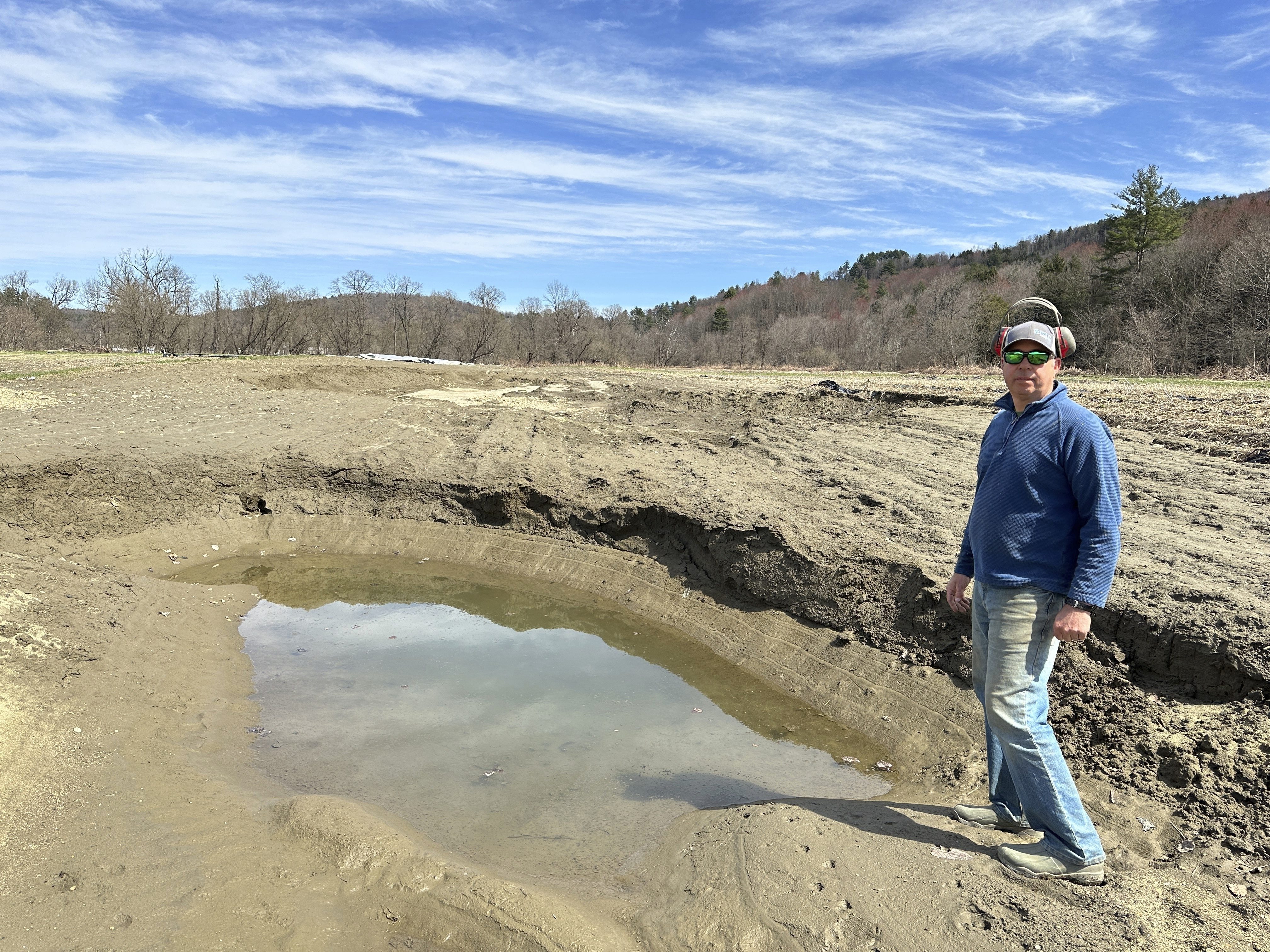The central Vermont city of Barre is issuing a strong plea to residents about one bad habit of winter cleanup, and warning of cash fines if city rules are broken.
“People don’t think about this being a risk to themselves,” said Bill Ahearn, Barre’s public works director.
Ahearn is asking residents to not toss snow into streams or rivers. He says doing so can cause the flooding risk to spike.
“Just don’t do it,” Ahearn advised.
The city’s public works department said a dam of ice recently formed on the Potash Brook, near Park Street, when someone pointed their snowblower toward the water to clear their property.
Jammed with nowhere to go but up, the rising brook put nearby homes at risk, but subsided just in time to avoid damage to nearby properties, Ahearn said.
“The consequences can be significant,” he said of the day the ice dam formed on the Potash Brook and the resulting water rise nearly went over the banks. “Had we had another half inch of rain, we would’ve had a totally different outcome at that location.”
Vermont
The latest news from around the state
A new city ordinance in Barre against dumping snow into water could bring a fine of $100 for the first offense, $500 for the second, or $1,000 for the third or subsequent offenses.
Public safety officials across the northeast have been eyeing rivers and their tributaries for weeks. Many are prone to ice jams that could cause them to spill their banks.
That recently happened in several Vermont communities, including Swanton and Johnson, forcing people from their homes and businesses in some spots.
“They’re stressed,” Barre Public Safety Director Tim Bombardier said of Vermont’s rivers and streams. “They don’t need anyone adding additional hazards to the water.”
Ahearn said no matter what town or city you live in, it’s generally a bad idea to dump snow into waterways. It’s much better, Bombardier added, to leave it on your lawn and let it melt at a pace that’s easier on the ground and rivers.



